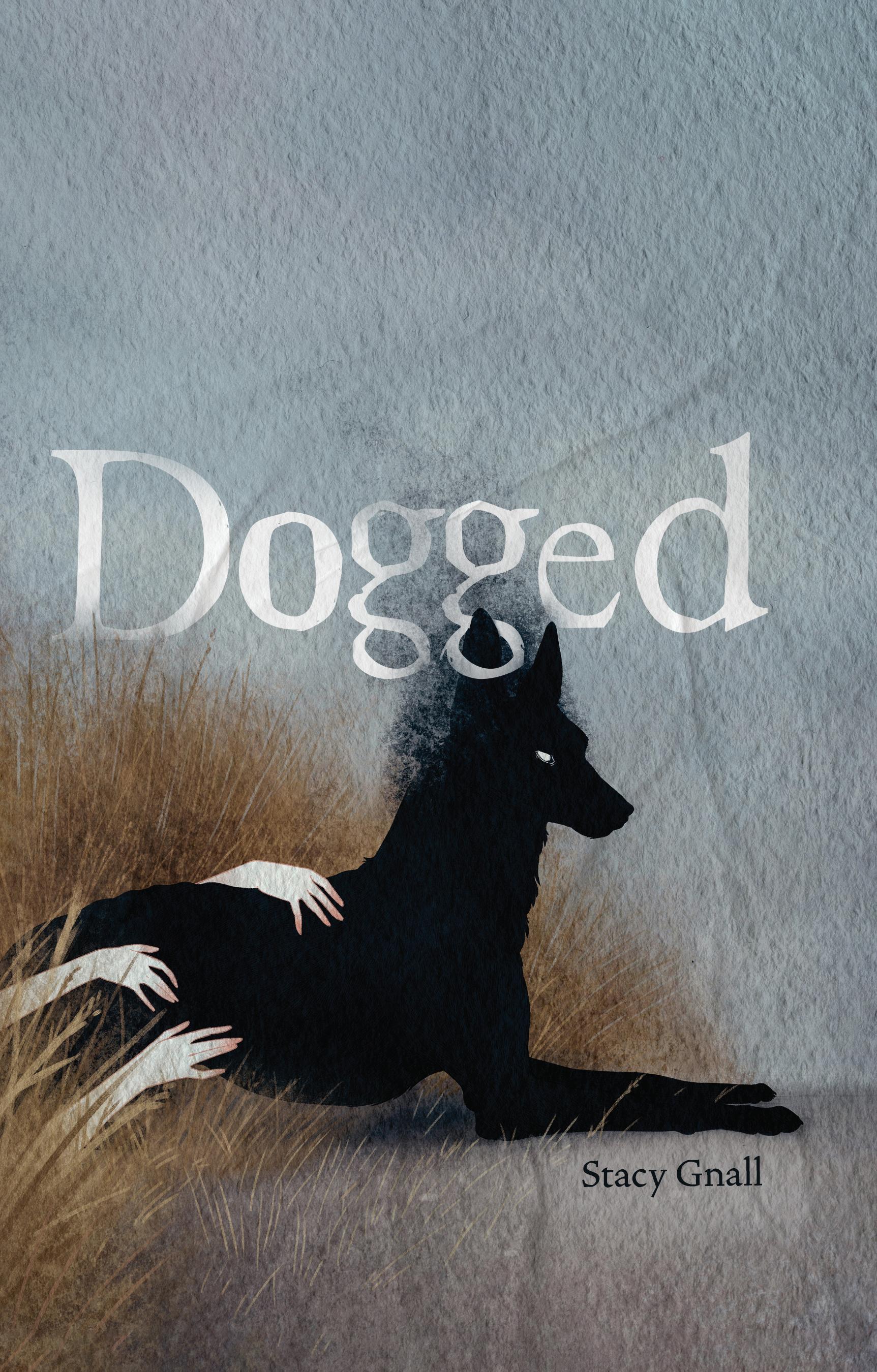
advance praise for Dogged
“There is so much pleasure in the word-handling in this book that you can almost feel good about feeling so badly about what time will inevitably do to us. Gnall reminds us how in stories there are characters ‘introduced / to be killed off immediately,’ and I shudder in the immediacy of recognizing myself in that story. Dogged is beautiful, terrifying, gentle, and brutal, as all the most powerful writing is.”
—Dara Wier, author of You Good Thing
“Dogged rhymes its way toward our animal being, searching our world for humanity, empathy, and compassion. The experiences of dogs and cats, a swan, a fawn, birds, tigers, bulls, and wolves are intimate, deeply emotional, and compel us toward self-examination. At once dispirited and elegant, resigned and passionate, these poems, animals, and memories are rhyming creatures with ‘symmetry,’ though ours can be only partial, ‘inky half-symmetry.’”
—Arda Collins, author of It Is Daylight
Dogged
Dogged
University of Massachusetts Press
Amherst and Boston
Stacy Gnall
Copyright © 2022 by University of Massachusetts Press
All rights reserved
Printed in the United States of America
ISBN 978-1-62534-642-1 (paper)
Designed by Deste Roosa
Set in Vendetta and Westsac
Printed and bound by Books International, Inc.
Cover design by Deste Roosa
Cover illustration by Jenna Barton, Witch Dog, © 2021. Courtesy of the artist.
Library of Congress Cataloging-in-Publication Data
Names: Gnall, Stacy, 1983– author.
Title: Dogged / Stacy Gnall.
Description: Amherst : University of Massachusetts Press, [2022] | Series: Juniper prize for poetry
Identifiers: LCCN 2021054482 (print) | LCCN 2021054483 (ebook) | ISBN 9781625346421 (paperback) | ISBN 9781613769195 (ebook) | ISBN 9781613769201 (ebook)
Subjects: LCGFT: Poetry.
Classification: LCC PS3607.N345 D64 2022 (print) | LCC PS3607.N345 (ebook) | DDC 811/.6—dc23/eng/20211109
LC record available at https://lccn.loc.gov/2021054482
LC ebook record available at https://lccn.loc.gov/2021054483
British Library Cataloguing-in-Publication Data
A catalog record for this book is available from the British Library.
for Damsel
In every dog the green part of my mind. —Jean v alentine, “ r iverside”
vii c ontents I. Man’s Best 3 Epithalamium 4 Outta Body 5 Transformation Sequence 6 Some Curious End 9 Self-Portrait as Dewclaw 10 The Discovery of Purple (by Hercules’s Dog) 12 Shadow Play 15 Maternalique on the Monster’s Bride 16 When the Calico 18 Katzenmusik 19 Epithalamium (II) 20 Dreaming Down the Dog 22
Creature Feature i. / Shh 29 ii. / Entrance Music 30 iii. / Eyeshine 31 iv. / . . . 33 v. / Landscape with Pterodactyl 35 vi. / Character Introduced to Be Killed Off Immediately 36 vii. / Sleeprunner 39 viii. / Vesper 40 ix. / Chartreuse Moon Holding Steady over Monster Movie City 41 x. / Swamp Thing 43 xi. / Time Enough at Last 44 xii. / Outro 46
II.
viii III. Satellite 49 The Wood in Which Things Have No Name 51 The Hour Between Wolf and Dog 52 Grace Note 54 Swallow Nest 55 Woman’s Best (Moon Ghazals) 56 Pantoum for Laika with No Return 58 Epithalamium (III) 59 Girl in Window 60 Swan Song 62 Maternalique 64 Picture of Woman Training Circus Lions 65 Rorschachs 67 Afterfeather 69 Escape Clause 70 Acknowledgments 71 Notes 73
Dogged
I.
Man’s Best I came to you easy as dream—
brought down from the hills on a bribe of fire, the junked bits of gristle still warm from the spit.
With each green step, I felt the loosening— strides breaking softer in new purpose.
How long had I waited below the single mother moon, listening from within the chorus for when to enter the song?
When you felt the air stir too empty at your feet, when the juices of the meats synced with your need,
I met you past halfway and sniffed your hand’s grease. And in the blink of a bride was eager to please.
I’ve lived in their homes, I’ve learned by rote— my memories muscle- etched, tripped live by scent.
How long have I known the trick. To survive, it is the body’s more than the make-believe heart that must be sweetest in the night. My face the face of the first wolf—shagged pilgrim—
who dared look man square in his sighing.
3
Each is that same plumb love. The palm of your master’s hand atop your reveling head.
14
Shadow Play
Your hands held to the tune of an elk’s head
and me, curled like a bass clef in bed
we fill in the blanks of night.
Days come together like braids. My hocks ache in growth. Now the pelvis’s punctual spate.
And ease is a shadow. And shadow is reflection’s father.
Already I’m an animal you don’t understand.
An antler at water.
15
Woman’s Best (Moon Ghazals)
In northern Israel, archaeologists discovered the remains of a 12,000- year- old Natufian woman with her hand resting on a pet puppy, at the ‘Ain Mallaha site. This is one of the first known remains related to dog domestication.
B. B. Wagner, “a Wo M an’s Best f riend: t he h erstor Y of d og d o M estication”
OThe moon, with its big- cat yawn, rum- colored and riding in on a sleek-muscled wind—
O
from my bed’s edge each evening, her eye a tincture to ensure my best dreaming—
O
she taught me the dog is a thing with a heart that beats quickly when told
O that will be baited, wait patient. Will balance its ball in its prim, blue suit. Will carry my burden. Will carry my burdens. Amusing when most gruesome or human.
56
Together we went down the pitchest paths to fetch water where it was most fickle—
O
the moon at my back, my cheek, cool and quick
O
the hips of the dog there, always, heckling. On a spree.
A thousand years, and my hand still stills the whiplash rant of these bones at rest.
A thousand years, and we’ve fused below a world grown worse.
New jewel. The blue winds of our bays reaching halfway to harmony.
57 O
O
O
O
Pantoum for Laika with No Return
Russian scientists reassured the public that Laika had been comfortable, if stressed, for much of her [week-long] flight, that she had died painlessly. . . . In 2002, forty-five years after the fact, [they] revealed that she had died, probably in agony, after only a few hours in orbit.
a lex Wellerstein, “ r e M e MB ering l ai K a, s pace d og and s oviet h ero”
Little dog, little star, little tooth bared and confused for a grin, you burn through the sky like a bright white lie. They said you felt nothing when you died. How small did our love look from that height?
You burn through the sky like a bright white lie, you little vital, you little dash and line. How small did our love look from that height, how blue the truth? The fear in your throat so bright it seared the night.
You little vital, you little dash and line. You little groove on a loop gone ’round the moon—the truth? The fear in your throat so bright we can still read by it at night. You little tiger through a ring of fire.
Little groove on a loop gone ’round the moon, what is Russian for here? What is Russian for home? Little tooth bared and confused for a grin, I cannot dance you, dream you down. Little tiger through our ring of fire, I cannot take you back like their words.
58
Epithalamium (III)
Girls let their hair loose from its hold they call pony. There is nowhere your lie can’t find me. The moon a boutonniere. The moon pearl’s mother. The moon a solitaire setting. We stand parch-hearted in the field’s green uniform. Have we known horses to have known us more truly? In sleep—slack-muscled beast— there is no space between you and me. Truth walk, please, always as antlers over me.
59
Escape Clause
The red ribbon gifted I held and ran my fingers through—a riddle
in hand. The ribbon your hair the sun’s rays. How to let the light it let in let over me?
As a girl, I learned the bones by rote. Radius, carpal, ulna
how each white way to break had its own immaculate name.
I’d think each word long before committing it to sound.
Red tantrum of sun your hair in my hands. Red tantrum of sun in my hands your hair.
How long must I taste these bones break before sending them to song?
The mouth a snare. What’s been caught in that claw. What can now be let from its grip.
70
a c K no W ledg M ents
Grateful acknowledgment is given to the publications below, in which the following poems first appeared, sometimes in earlier forms:
Another Chicago Magazine: “Katzenmuzik”
Bennington Review: “Transformation Sequence”
Colorado Review: “Eyeshine,” “Swan Song”
Crazyhorse: “The Discovery of Purple”
Massachusetts Review: “Landscape with Pterodactyl,” “Some Curious End”
New American Writing: “Epithalamium (I),” “Satellite”
Pleiades: “Maternalique on the Monster’s Bride”
Poetry Flash: “Shadow Play”
Third Coast: “Man’s Best”
Warm thanks to Arda Collins, Dara Wier, and all at the University of Massachusetts Press, David St. John, Mark Irwin, Janalynn Bliss, and everyone in the Creative Writing and Literature program at the University of Southern California, Joanna Fuhrman, Jeffrey McDaniel, Joel Brouwer, Ximena Keogh Serrano, Julia B. Nagler, Justin Williams, Fox Henry Frazier, David Welch, Ryan J. Browne, Daniel Enrique Pérez, Jenny Barto, Stephen and Gail Gnall, Steve Gnall, Stephen Pasqualina, the Pasqualina family, and all of my students.
71
n otes
“Transformation Sequence”
The epigraph for this poem comes from Anne Sexton’s poem “You, Doctor Martin,” from her collection To Bedlam and Part Way Back (1960). The first two lines of the poem are an alteration of the first two lines of Sexton’s poem “Us,” from her collection Love Poems (1969).
“Some Curious End”
Torn right off at the wrist bone—
This line (in its original form) comes from Anne Sexton’s poem “Going Gone,” from her collection The Book of Folly (1972).
“The Discovery of Purple (by Hercules’s Dog)”
The subject of this poem is Peter Paul Rubens’s oil painting Hercules’s Dog Discovers Purple Dye or The Discovery of Purple by Hercules’s Dog (ca. 1636).
“Maternalique on the Monster’s Bride”
This poem takes its inspiration from the actor and legendary scream queen Elsa Lanchester, star of the 1935 film Bride of Frankenstein.
“Epithalamium (II)”
This poem takes its inspiration from the actor and legendary scream queen Fay Wray, star of the original 1933 King Kong film. The epigraph comes from Wray’s autobiography, On the Other Hand: A Life Story (1989).
“Dreaming Down the Dog”
The epigraph for this poem comes from Jon Mooallem’s 2013 New York Times piece “A Child’s Wild Kingdom.”
73
“iv. / . . .”
Upon it there are ships a-sailing.
And that great beast you made to have fun.
This is a vesper sung in the Byzantine Catholic church, especially during the Lenten season.
“xi. / Time Enough at Last”
This poem takes its inspiration from The Twilight Zone episode “Time Enough at Last” (1959), starring Burgess Meredith.
“The Wood in Which Things Have No Name”
The title of this poem is a reference to the third chapter of Lewis Carroll’s Through the Looking- Glass (1871): “‘This must be the wood,’ she said thoughtfully to herself, ‘where things have no names.’”
“The Hour Between Wolf and Dog”
The title of this poem is a play on the title of Laure-Anne Bosselaar’s 1997 poetry collection The Hour Between Dog and Wolf. The phrase most commonly refers to dusk.
“Swallow Nest”
The epigraph for this poem comes from Joe Boyle’s 2011 BBC News article, “Welcome to Indonesia’s Bird Nest Soup Factory Town.”
“Woman’s Best (Moon Ghazals)”
The epigraph for this poem comes from B. B. Wagner’s 2020 Ancient Origins article, “A Woman’s Best Friend: The Herstory of Dog Domestication.”
Here is a thing / with a heart that beats / quickly when told. This line (in its original form) comes from Gertrude Stein’s History or Messages from History (1930).
“Pantoum for Laika with No Return”
The epigraph for this poem comes from Alex Wellerstein’s 2017 New Yorker article, “Remembering Laika, Space Dog and Soviet Hero.”
74
“Swan Song”
This is a partly found poem, which both uses and is inspired by lines from the following poems in the anthology Broken Land: Poems of Brooklyn (2007):
Lawrence Ferlinghetti, “24”
Kimiko Hahn, “Crossing Neptune Ave.”
Galway Kinnell, “Fire in Luna Park”
Matthew Rohrer, “The World at Night”
Quentin Rowan, “Prometheus at Coney Island”
Muriel Rukeyser, “Coney Island” (from Houdini)
Hugh Seidman, “Mother’s Day, Coney Island: Metropolitan Jewish Geriatric Home”
Sara Teasdale, “Coney Island”
Walt Whitman, “Sun- down Poem”
75
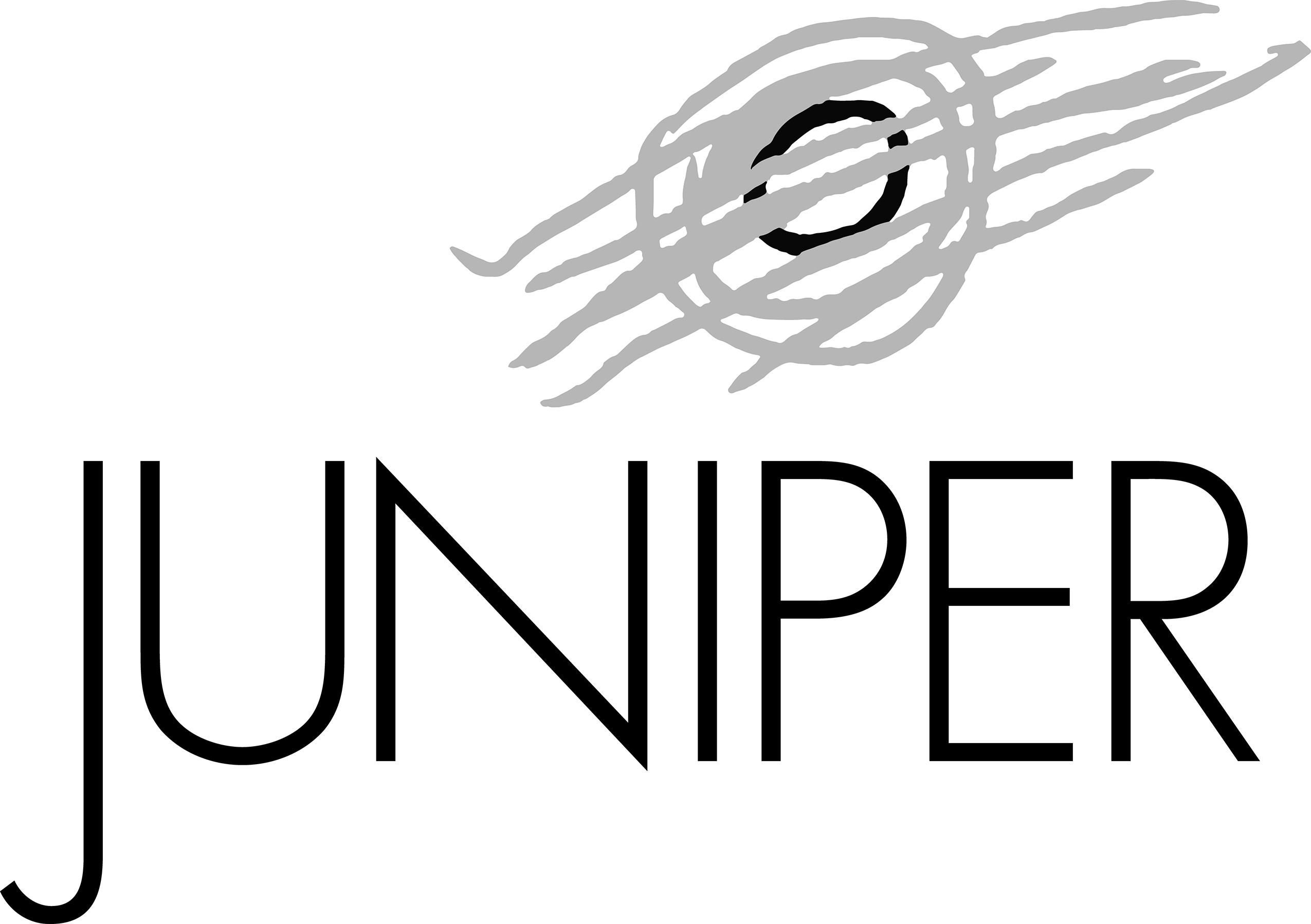
JUNIPER PRIZE FOR POETRY
This volume is the fiftieth recipient of the Juniper Prize for Poetry, established in 1975 by University of Massachusetts Press in collaboration with the UMass Amherst MFA program for Poets and Writers. The prize is named in honor of the poet Robert Francis (1901–1987), who for many years lived in Fort Juniper, a tiny home of his own construction, in Amherst.
WINNER OF THE JUNIPER PRIZE FOR POETRY
Located somewhere between fiction and reality, the animals of Dogged exist as both “creatures children see in their fevers” and “your one / good dream / in the night.” Inhabiting a space apart from time and narrative, the space of the ever-elusive now, these haunting poems probe animal consciousness and desire, as “howls float / like crocuses— / violet / and half open / to the unknown.” Stacy Gnall ponders humananimal connections and divisions, exploring those moments when human voices blend with “silent” beasts to exceed the limits of language. In Dogged, animals emerge as the highest aspiration of poetry.
“Gnall intertwines with, and submerges her voice in, the voices of the animal so thoroughly that it is deliberately and wonderfully difficult to tease one from the other. An eloquent imagination informs every page of Dogged, in which the exploration of other ness is moving, enlarging, and surprising in a way very few books are.”
—Lynn Emanuel, author of The Nerve of It: Poems New and Selected
“‘Each time I build a fire, / I will tell your story, // the sound of my own voice thrown / over logs’ writes Stacy Gnall in her captivating second book. Here is poetry interested in mystery not on a superficial level, but in a deep, surprising, enchanting way. The images and insight of these poems have stayed with me long after I have read them. This is a brilliant second act. Bravo!”
—Ilya Kaminsky, author of DeafRepublic:Poems
“Not since Marianne Moore has an American poet given voice to the thrum and thrill of the creaturely, to the motives and meanings of creation in its poignant complexity, with such unguarded candor. With Dogged, Gnall shows herself to be an indispensable poet, and we can only be grateful.”
—Donald Revell, author of WhiteCampion
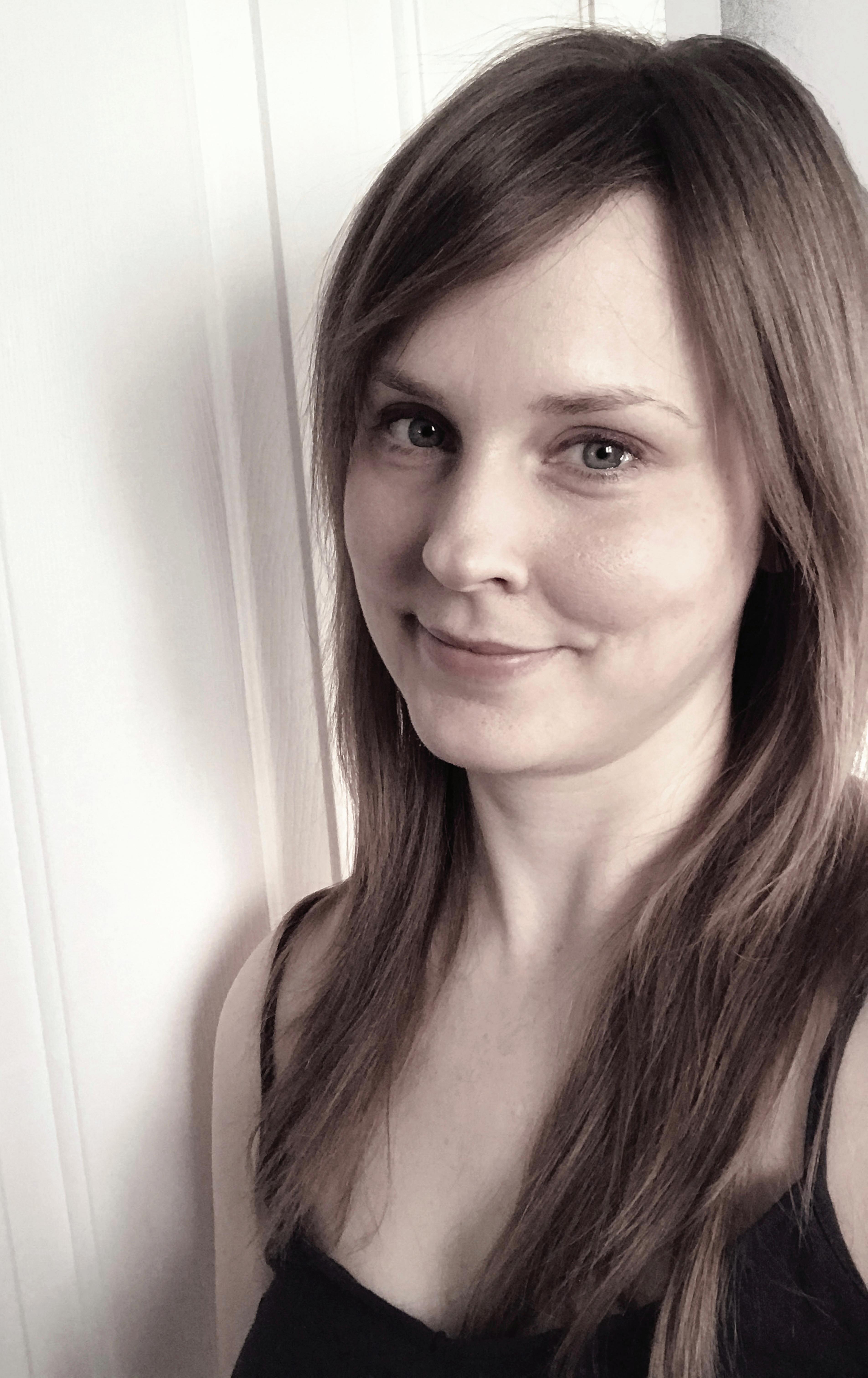

AMHERST
STACY GNALL is the author of the poetry collection Heart First into the Forest. A finalist for the Georgia Poetry Prize, her work has appeared in the Massachusetts Review, New American Writing, Third Coast, and Pleiades, among other outlets.
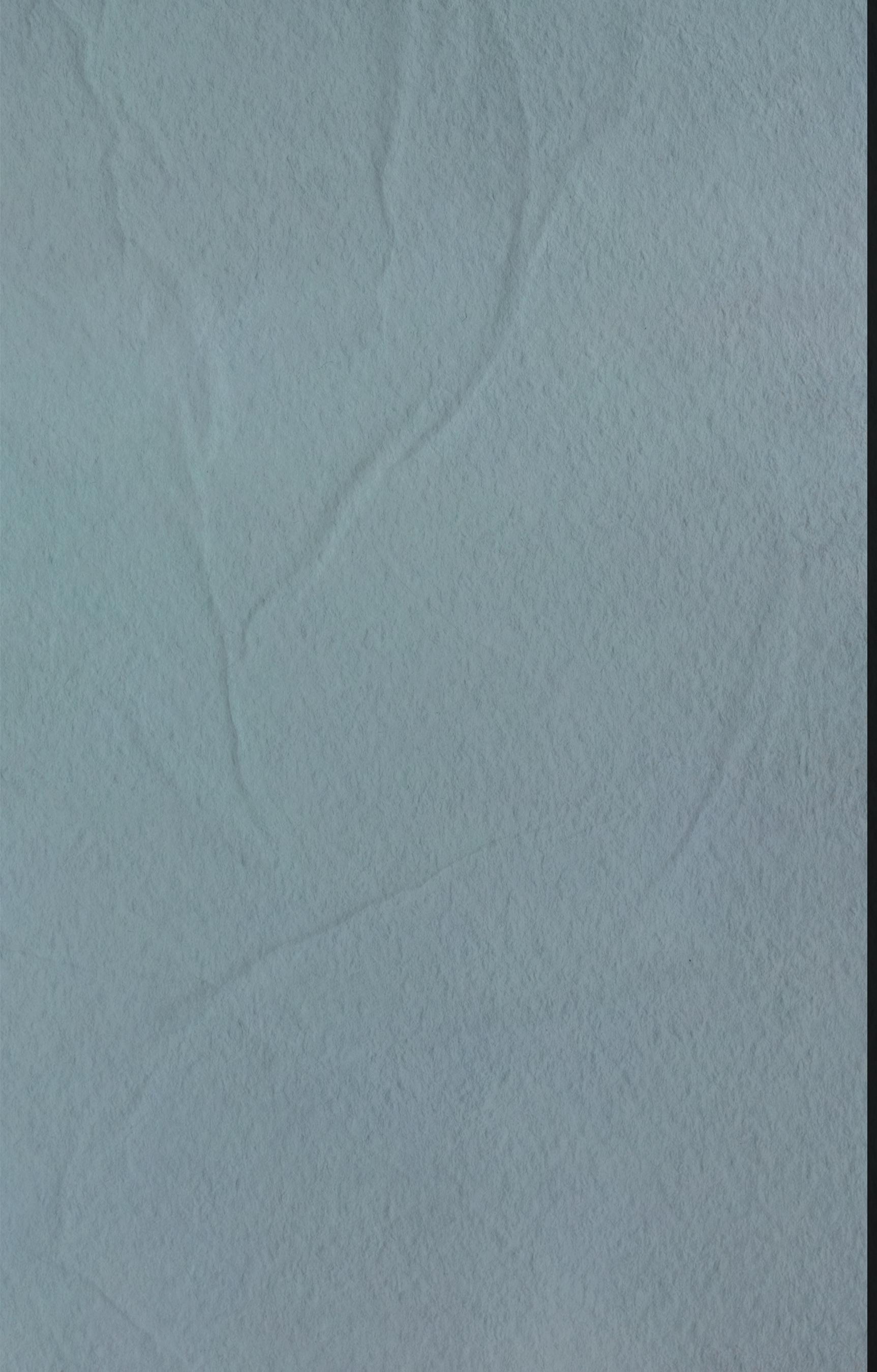
www.umasspress.com
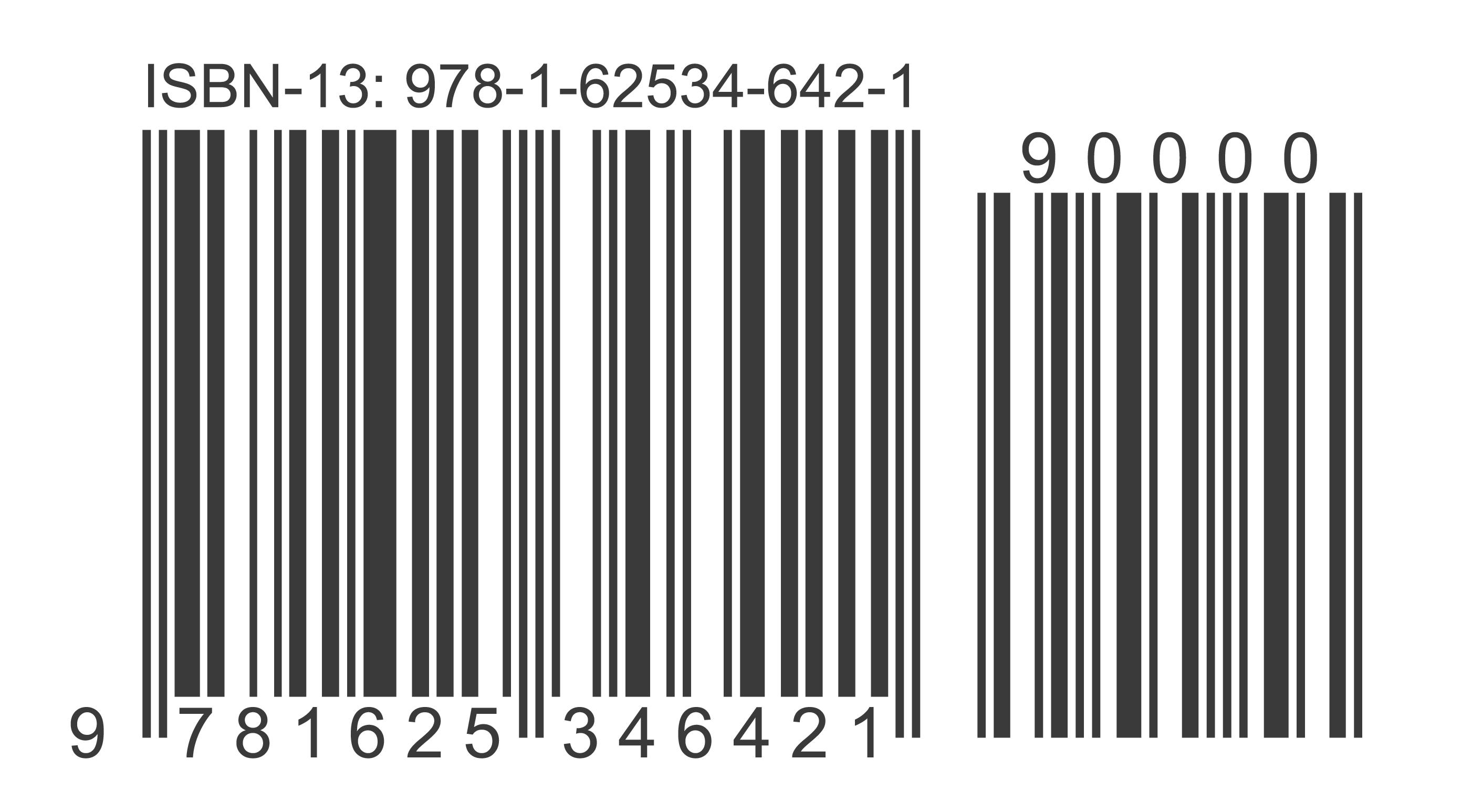
AND BOSTON
massachusetts press
UNIVERSITY OF
Cover design by Deste Roosa
Cover illustration by Jenna Barton, Witch Dog, © 2021. Courtesy of the artist.
Author photo by Stephen Pasqualina






